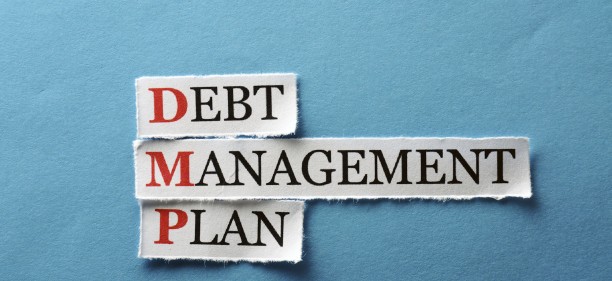
Whether it’s because you had an unexpected medical expense, an expensive emergency home or car repair, or the result of poor money management, there are many reasons that you may find yourself over your head and in debt.
The key to being on a firm financial foundation is to first fix the immediate problem by eliminating what you owe and then addressing and fixing the issues that put you in debt in the first place.
When counselling and financial education alone are not enough to help, a useful tool in determining the best options to meet your credit and debt needs is a Debt Management Plan, also known as a DMP. A DMP is a debt relief option where a counseling agency works with your creditors to come up with a suitable monthly payment plan as well as a new budget for your particular situation. A DMP alone is not credit counseling, and DMPs are not for everyone.
Only certain kinds of debts can be included in a Debt Management Plan. Credit cards and other unsecured debts usually make up the bulk of personal debt, and they traditionally make up DMPs. Secured debts such as monies owed for taxes, mortgages, home equity loans, auto loans and student loans cannot be included. Unsecured debts such as medical or collection payments can usually be included in a DMP, as long as the collector has not gotten a court judgement for wage garnishment.
Please note that while on a Debt Management Plan all existing credit cards must be closed and no new credit can be obtained.
A Debt Management Plan works like this: you deposit money each month with the credit counseling organization. It then uses your deposits to pay your unsecured debts such as your credit card bills and medical bills, according to a payment schedule that the counselor develops with you and your creditors. In certain instances creditors may agree to lower your interest rates or waive certain fees.
A DMP is a voluntary agreement between three parties; the counselor, the client, and the creditor.
